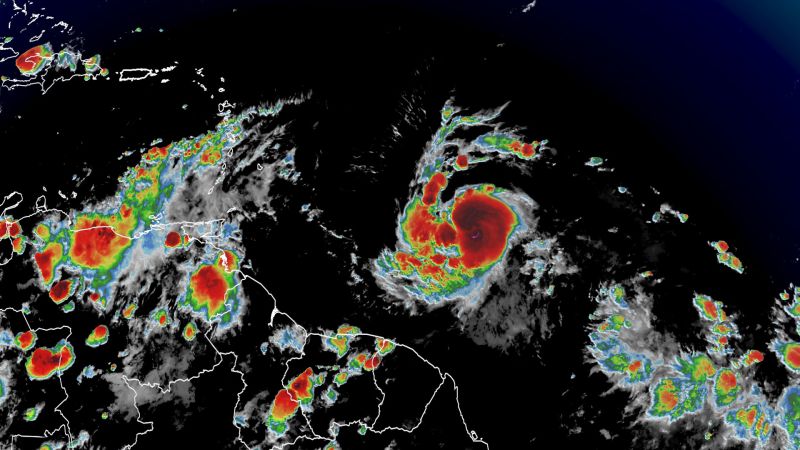Germany has announced plans to temporarily implement border checks with neighboring countries France, Luxembourg, the Netherlands, Belgium, and Denmark in response to the rising number of illegal immigrants entering the country.
Germany has introduced temporary checks at its internal borders with five neighboring countries as part of measures to address the increased flow of migrants. The move, announced by the German Ministry of Interior on Monday, will see border patrols established along the borders with France, Luxembourg, the Netherlands, Belgium, and Denmark.
According to Interior Minister Horst Seehofer, the border controls are necessary to "ensure public safety and order" and to prevent "illegal migration." The controls are expected to remain in place for an initial period of six months, after which they will be reviewed and potentially extended.

Germany Implements Temporary Border Controls Amid Migrant Surge
The decision to impose border controls has been met with mixed reactions. Some have welcomed the move, arguing that it is necessary to protect Germany's borders and prevent further illegal immigration. Others have expressed concerns about the potential impact on cross-border trade and travel, as well as on the rights of asylum seekers.
The introduction of border controls marks a significant shift in Germany's approach to migration. In recent years, Germany has taken in large numbers of refugees and asylum seekers, particularly from Syria and Iraq. However, the country has also seen a rise in illegal immigration, with many migrants attempting to enter Germany via its land borders.
The German government has stated that the border controls are not intended to prevent people from seeking asylum. However, asylum seekers will be required to register at designated border crossing points and undergo identity checks. Those found to be entering illegally may be subject to deportation.
The decision to introduce border controls has also raised concerns about the impact on the Schengen Agreement, which allows for free movement of people within the European Union. Germany is one of the founding members of Schengen, and the imposition of border controls could potentially undermine the free movement principle.
The European Commission has expressed concern about the potential impact of the border controls on the Schengen Agreement and has urged Germany to reconsider its decision. However, the German government has stated that it is committed to maintaining the Schengen Agreement, but that it believes that the border controls are necessary to address the current migration crisis.
The introduction of border controls is likely to have a significant impact on cross-border travel between Germany and its neighboring countries. Travelers should expect delays at border crossings and should be prepared to present their passports or other identity documents.
The border controls are also likely to have an impact on the movement of goods between Germany and its neighbors. Businesses that rely on cross-border trade should be prepared for potential disruptions and should consider alternative transportation routes if necessary.
Overall, the introduction of border controls in Germany is a significant development that is likely to have far-reaching consequences for both Germany and its neighboring countries. The controls are intended to address the increased flow of illegal immigration, but they may also have unintended consequences for cross-border travel, trade, and the Schengen Agreement.








